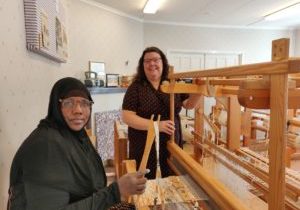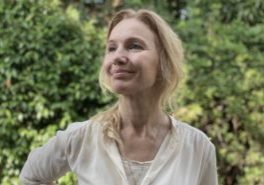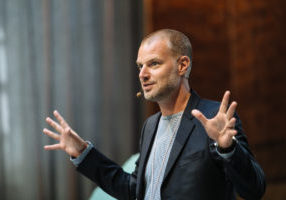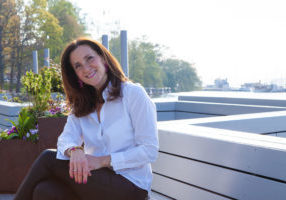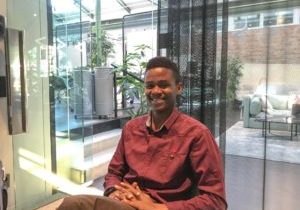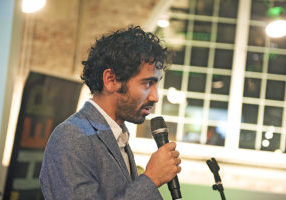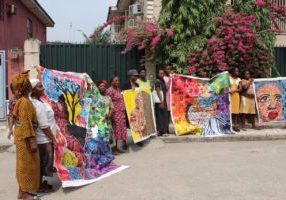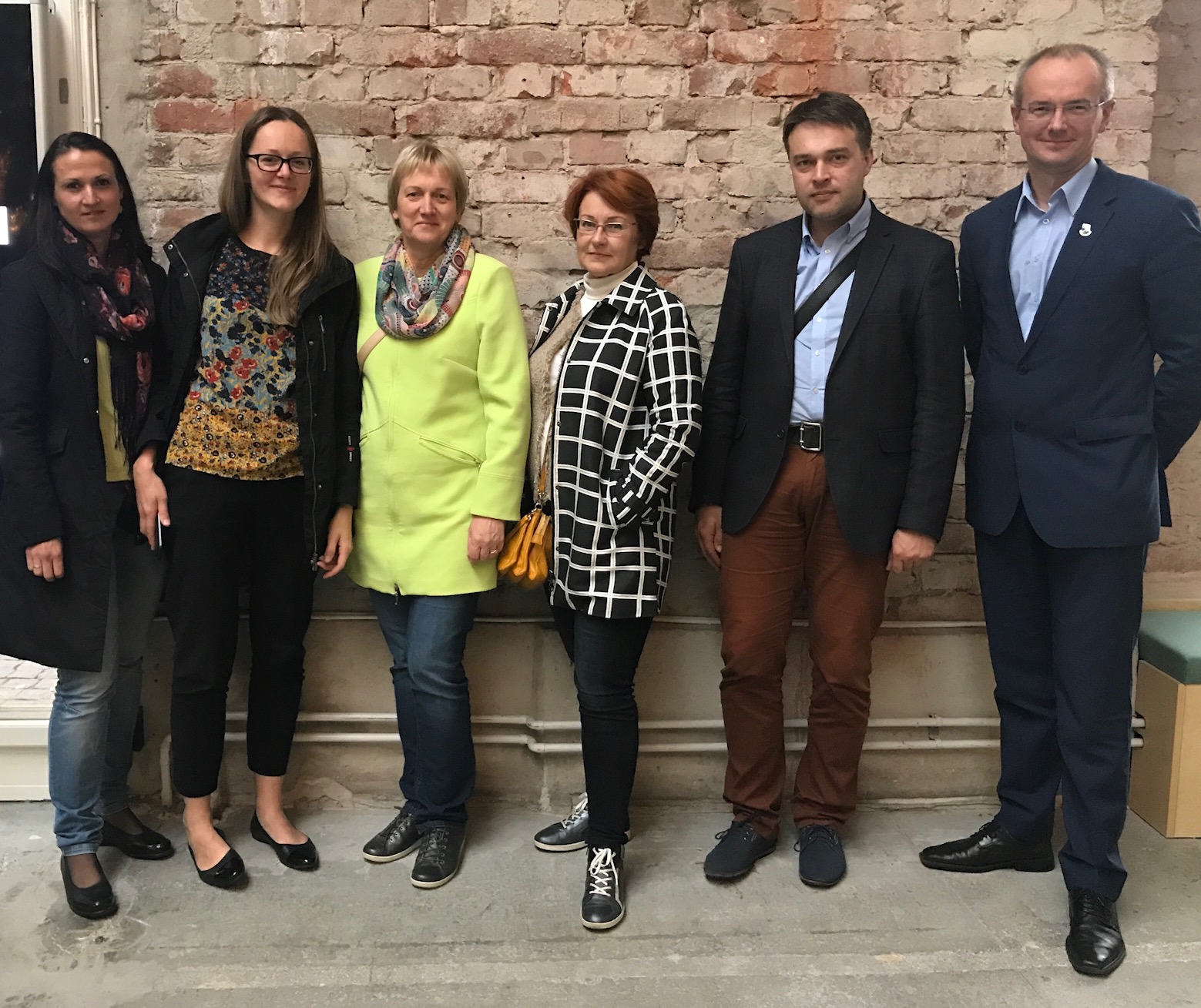
The woman leading the rise of social entrepreneurship in Latvia
April 24, 2018 - Interviews
As part of our Baltic project where we’ve explored the social entrepreneurship ecosystem in the region, and produced a review on partnerships between social enterprises and municipalities, we’ve had the opportunity to get a real insight into the sector in Latvia, through our partner Social Entrepreneurship Association of Latvia. Its Director, Madara Ulande, took some time out of her busy schedule to speak to us about where the sector is going and what the most exciting developments are.
Tell us a bit about your organisation, what does it do?
Social Entrepreneurship Association of Latvia (SEAL) is a national level member organisation in Latvia for organisations, enterprises and individuals who want to promote social entrepreneurship in Latvia. SEAL was founded in 2015, and at the moment we unite more than 80 members – NGOs, foundations, social enterprises, activists and experts.
Our work can be split in three mayor fields:
- Advocacy work on a local, regional and national level. We work with different level stakeholders in order to create a better environment for social enterprises. For example, we were part of creating the Social Enterprise Law, as well as co-creating the financial support programme for social entrepreneurship development, currently run by the Ministry of Welfare. We also work closely with local municipalities towards creating local support systems for social enterprises.
- Supporting our members and other social enterprises. We provide a platform for cooperation and learning, as well as looking for ways how to respond to the needs of our members and the social entrepreneurship industry in Latvia. Practically that means connecting social enterprises with those who can help them (experts, mentors, service providers etc), organising events for sharing skills and knowledge, bringing in experts from abroad, working with media and information, as well as providing our own expertise and consultancy if and when needed.
- Raising awareness in a wider society about social entrepreneurship issues. We organise public events, go to schools and universities, work with media and do many other things in order to attract attention to all the amazing things our social enterprises do. For example, each year we organise the largest social entrepreneurship event there is in Latvia – Social Entrepreneurship Forum – which, this year, will happen on 16 May.
What is the most interesting aspect of your work? And the most difficult, for you and for social entrepreneurship in Latvia as a whole?
Social entrepreneurship is a new industry in Latvia and the Baltic States, so there is still a lot of work to be done, a big playing field to cover. One of the most interesting aspects of my work and role is meeting all the awesome people who work in this area – changemakers and leaders of their generations. I am really inspired by their capability to look for solutions, to constantly maintain this “can do” attitude. Of course they are all people and they have their ups and downs, but instead of complaining of looking for someone to blame, they take matters in their own hands and find a solution that helps them to build a business, create jobs and contribute to making a better world. That I find truly amazing, and I learn from them every single day.
One of the hardest aspects about social entrepreneurship in Latvia is money – how to build a sustainable business that generates enough income so I don’t have to work in another job? How to juggle all the “tennis balls” there are in social business in a meaningful, financially sustainable way? I hear these questions constantly, and one of the roles of our Association is to be a support and cooperation platform so that social enterprises do not have to deal with these issues alone.
What is the role of social entrepreneurship in the Latvian business sector, and what could it be in the future?
I truly believe that social entrepreneurship and impact driven businesses are the future of the business world, and we better catch up fast. Social entrepreneurship is still a very new sector here in Latvia, there are still lots of stereotypes, prejudices and general distrust, many people still think this is not a “real business”, but I see a new generation of social entrepreneurs who are ready to prove them wrong. I think that in the next five years, social entrepreneurship will become a strong player among other businesses in Latvia, and that we will have “a seat at the table” on a broader scale.
How will the new legal form for social enterprises benefit the sector and the opportunities for social enterprises in Latvia?
Social Enterprise Law has come into force starting from April 2018, and it definitely is a game changer for social enterprises in Latvia. The biggest change is that the Law now states that social enterprises are limited liability companies with a special social enterprise status. Social enterprises up until now were functioning in different legal forms – associations, foundations, limited liability companies, cooperations – but none of them were officially recognised as social enterprises, basically as social enterprises were non-existent. The new law now provides equal rules of the game and a clear playing field for those who want to call themselves a social enterprise, along with a state recognised legal form and a couple of support measures, including income tax breaks, permission to involve volunteers, permission to receive donations. The Law also gives the green light for municipalities to develop their own local instruments for social enterprise support, including leasing their property to social enterprises for free, creating special grant programmes and using reserved contract procedure in public procurement. The Law, together with the financial support programme run by the Ministry of Welfare, is a good starting point for social entrepreneurship development in Latvia.
What does the future of social entrepreneurship across Europe look like?
Social entrepreneurship is already a growing sector in Europe, and I believe it will continue to expand not only in size and numbers, but also in diversity. Social business is something that is difficult to define and put in a box because by definition it is something that involves innovation, breaking barriers, doing something completely new, and how can you clearly define something that has not been invented yet? So I think in the future we will see more and more social impact businesses that do not fit in the old social entrepreneurship boxes anymore, but are equally, and maybe even more, important, and needed. More and more investors and “big businesses” will pay attention (and money!) to this sector, so social businesses better be ready to talk to them and offer something of value, not only in social but also in business terms. Meanwhile, I also see the need for more meaningful and effective public-private partnerships in this sector, and I hope we will have more and more social entrepreneurs who are ready and capable to offer new cooperation and synergy models.
And finally, how has your organisation been able to use the review we produced together?
The joint publication about how social enterprises can work better together with municipalities, which we created together with SE Forum and OBD Brussels has been a really good tool for us not only to educate and inform stakeholders about different aspects of such partnerships, but also to build new relationships and identify new potential partners. Municipalities are very interested about practical tools that would help them to start working with and for social enterprises in their territories, and the stories in the publication has helped us to identify such tools as well as to tell what would be the most useful and effective ways to apply them. This will still be a work in progress for a long time, but the publication has been a good starting point.
To find out more about Latvian social entrepreneurship and to read the full review we’ve produced, click here.

